Few sensible people who have ever looked at a map would dispute that we are a bit physically isolated down here. But what about our intellectual isolation and habitual lack of knowledge about so much that takes place in the rest of the world?
For a start, Australian television news has possibly become the most parochial I have encountered anywhere – yet it takes money, effort and a degree of intelligence, of course, to provide worthwhile coverage of international events. So why not simply stick to all those suspicious house and factory fires which take place so regularly in western Sydney as a main topic with which to start each day as our ‘breaking news’? Most Australian TV stations seem able to get an ambitious young woman onto the scene of such a fire very quickly to report at length on a subject of extremely limited interest to anyone not of that immediate area.
Not long after I arrived here twenty-odd years ago, I realised that lack of knowledge of other countries and even of relatively recent international events was inclined to be endemic here. But are we simply so extremely fortunate to be living in Australia that everything that is happening elsewhere is of minimal interest or appeal?
My wife and I have followed the moving story of Charlie Gard, his parents and Great Ormond Street Hospital. Although the Pope and Donald Trump eventually became involved, the whole sad story was very slow to make its way here. In brief, the 11-month-old child of Chris Gard and Connie Yates, one of only 16 children in the world to suffer from an extremely rare medical condition, has been on life support for some while now as a patient of Britain’s National Health Service. The present crisis arose because doctors at the hospital proposed to discontinue the baby’s life support against the evident wishes of his parents who had gathered more than adequate funds for alternative, revolutionary treatment elsewhere and are thus desperate now to withdraw him from the hospital’s care. That would not present a problem if the child were in a private hospital but is so now simply because the baby has become an effective prisoner of the unbending NHS. Permission has even been refused to his parents to let him die at home.
To those who remember the NHS only as an idealistic initiative of Britain’s post-war years times have certainly changed, not least because British governments of recent vintage can no longer possibly afford a wholly ‘free’ health service. But as I learned during a few years spent recently in Britain private medicine is prohibitively expensive at the same time that public health care standards are plummeting sharply. I woke up one morning to the following headline: ‘MANIPULATING DEATH RATES TO BE MADE ILLEGAL’. Senior NHS officials and hospital trusts would henceforward be made criminally liable if they continued to manipulate waiting times and death rates. In recent years 1,200 patients had apparently died unnecessarily in just a single health area due to what was described euphemistically as ‘poor care’. Quite rightly and understandably Charlie Gard’s parents have demanded that he should be granted whatever chance exists not only to stay alive but to attempt some form of physical improvement – just try to imagine the deeply distressing legal battles they have had to fight already in the highest courts. But what they have been forced to struggle for first is that their child should be released to undertake alternative treatment and the possible beginning of his right to a not-impossible life. This, in fact, is exactly where the Pope and Trump became involved. Both are offering free transport, care and even citizenship for the child to undergo experimental, potentially life-saving treatment in Italy or the United States.
The British courts by contrast, have demanded ‘firm’ scientific evidence that the latest treatments have some reasonable chance of success. Yet medical recovery has proved to be a matter of faith and not just of science alone. Such views are unpopular in largely secular societies, I know, yet take note how many flights take place to Lourdes each day from the modest-sized city of Cork in Ireland.
Charlie’s parents have shown truly heroic faith and love in the face of a seemingly implacable bureaucracy.
Faith may deliver only occasional cures but does also often help greatly in providing the fortitude necessary to deal with life’s afflictions and reversals. Today’s Australia is distancing itself steadily from its earlier strong Christian traditions which many choose to look on now as mere forms of anachronistic superstition. Yet while we readily accept that our continent’s original habitants have a history going back forty millennia or more why do we apparently find it so hard to credit the infinitely more recent story of Christ’s well-documented life on earth? I have personally seen Aboriginal drawings in caves in Cape York which antedate the Christian story by at least six millennia. But I have also travelled to Lourdes in an equal spirit of curiosity to visit the famous grotto there which contains ample evidence of what were utterly extraordinary if not ‘miraculous’ cures. Science alone does not provide every answer to illness or anything else.
When visiting an obscure area of Australia twenty years ago, I was shown quite convincing evidence that an animal which had been officially extinct now for over eighty years might still exist in limited numbers. Few other people would ever have credited this back then. I am not crying marsupial wolf or even Tasmanian tiger – but stranger things have indeed happened. Remember the coelacanth which was officially extinct for centuries?
In the meantime my prayers go out to Charlie Gard’s young parents in their seemingly life-and-death battle with unyielding bureaucracy.
Got something to add? Join the discussion and comment below.
Get 10 issues for just $10
Subscribe to The Spectator Australia today for the next 10 magazine issues, plus full online access, for just $10.
You might disagree with half of it, but you’ll enjoy reading all of it. Try your first month for free, then just $2 a week for the remainder of your first year.


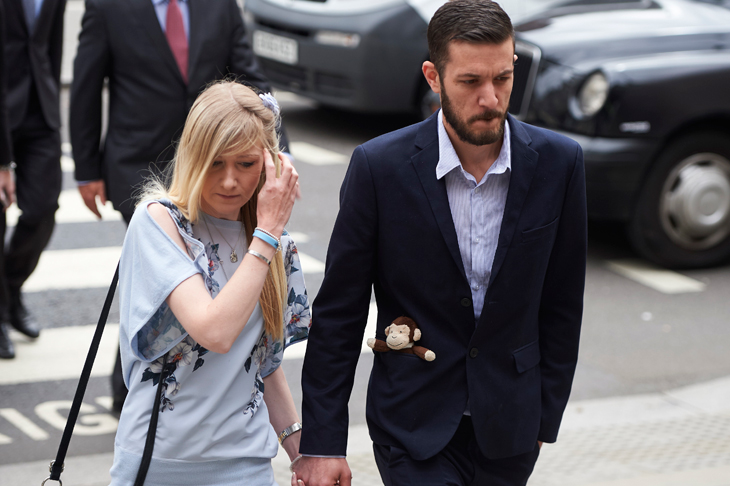
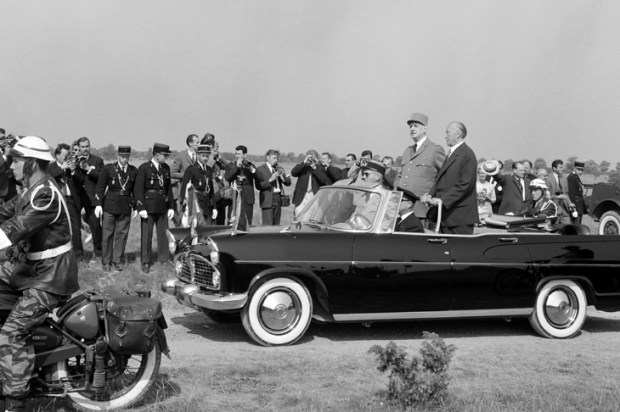
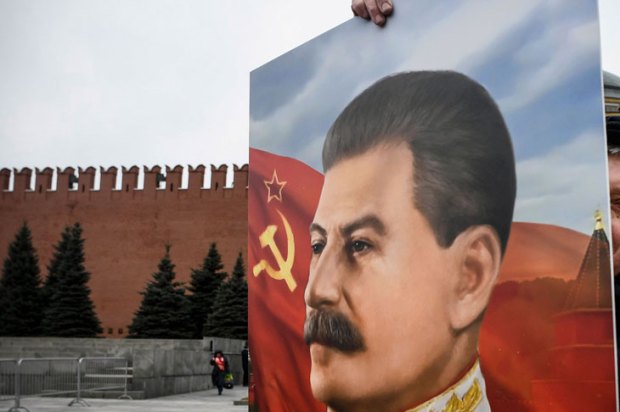
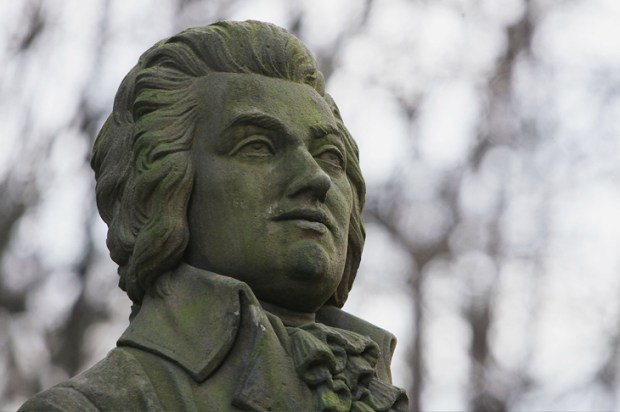
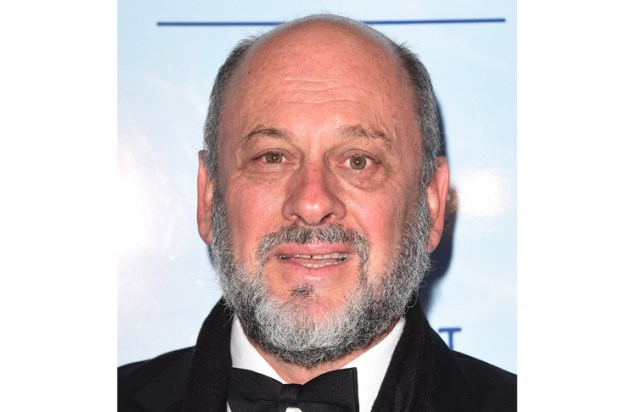
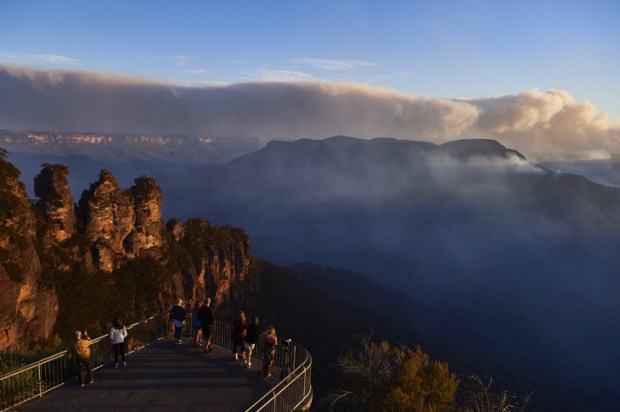
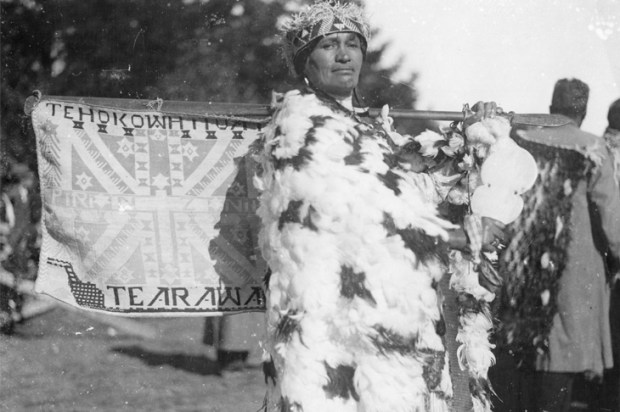






Comments
Don't miss out
Join the conversation with other Spectator Australia readers. Subscribe to leave a comment.
SUBSCRIBEAlready a subscriber? Log in